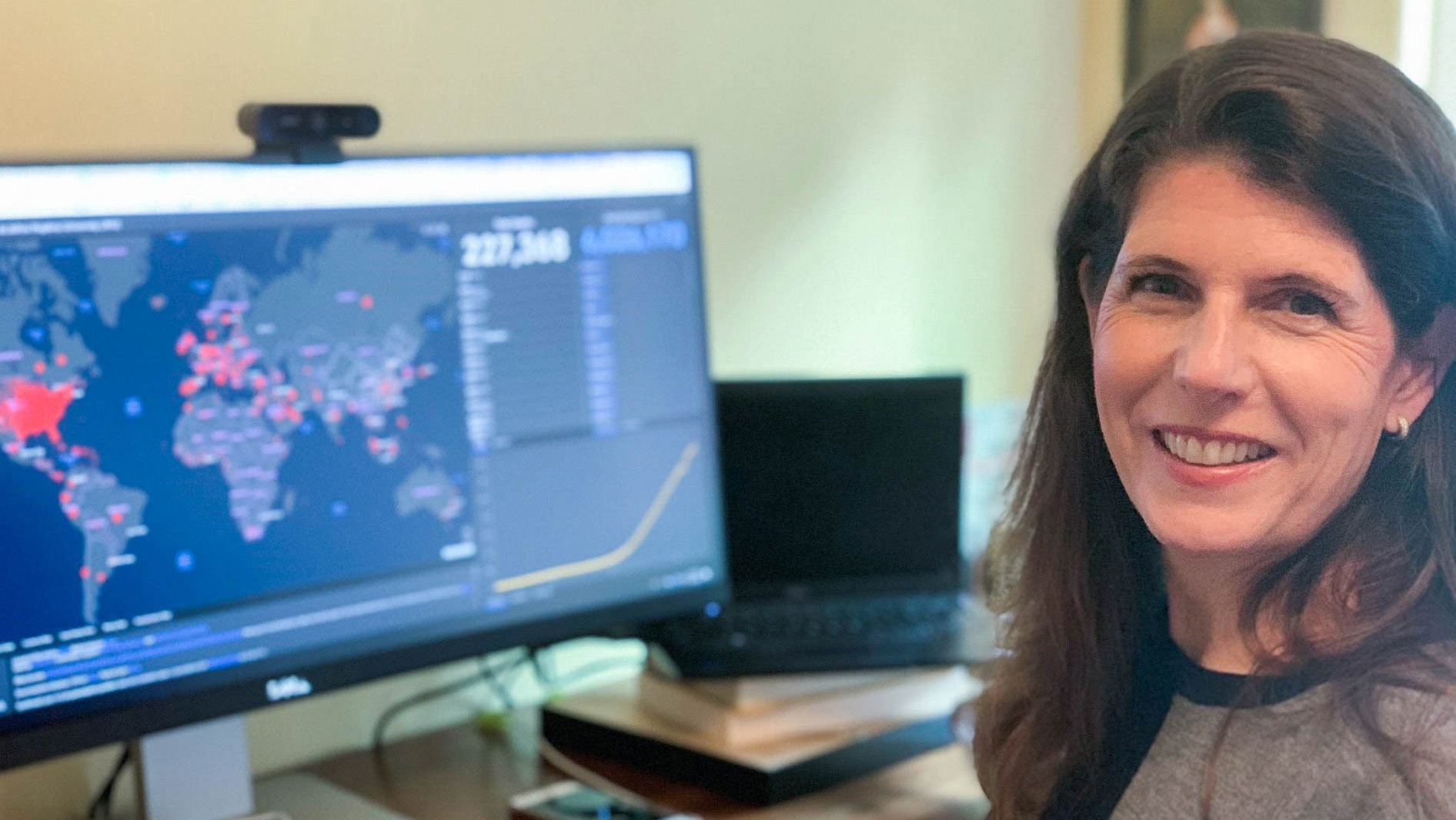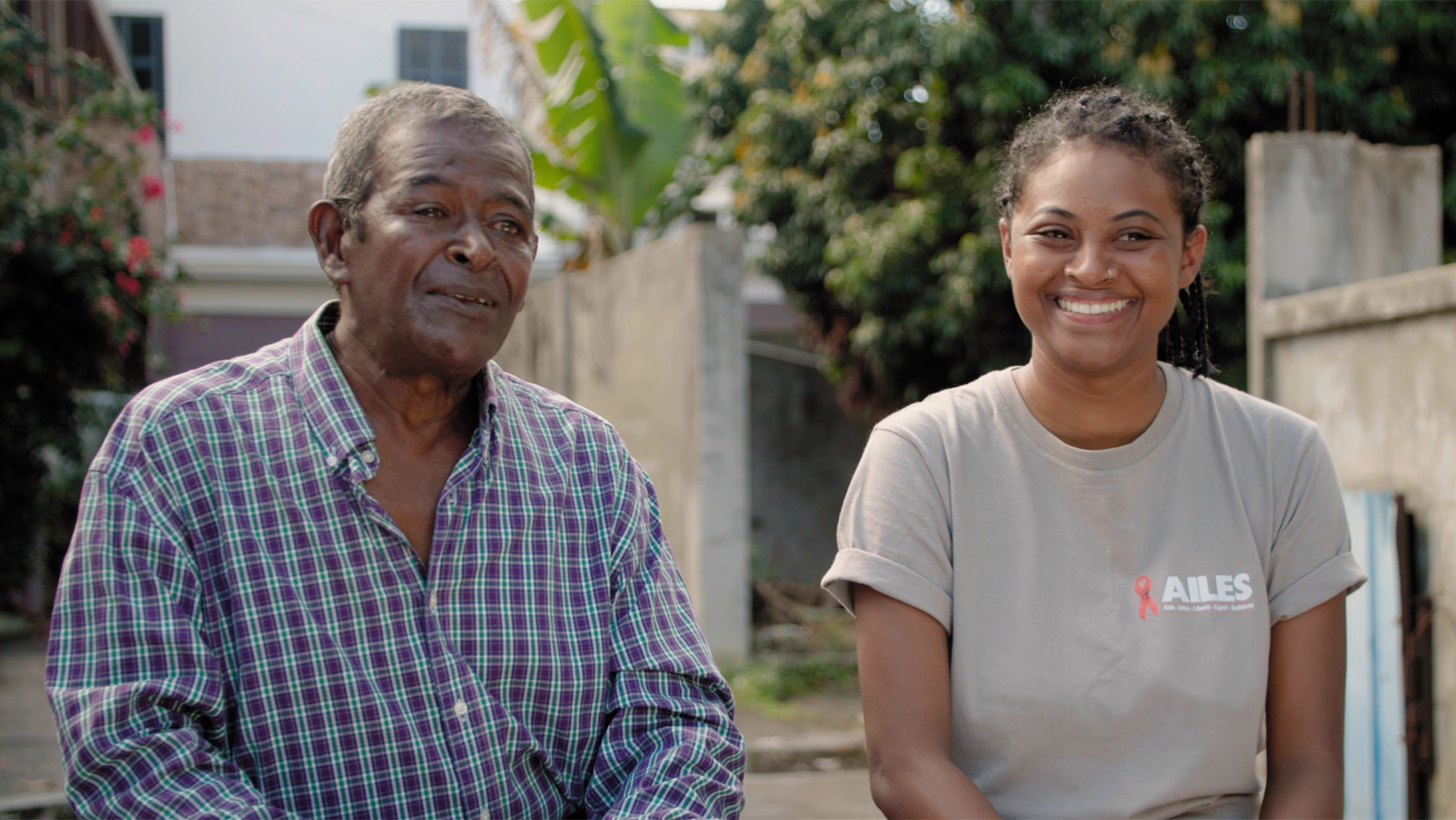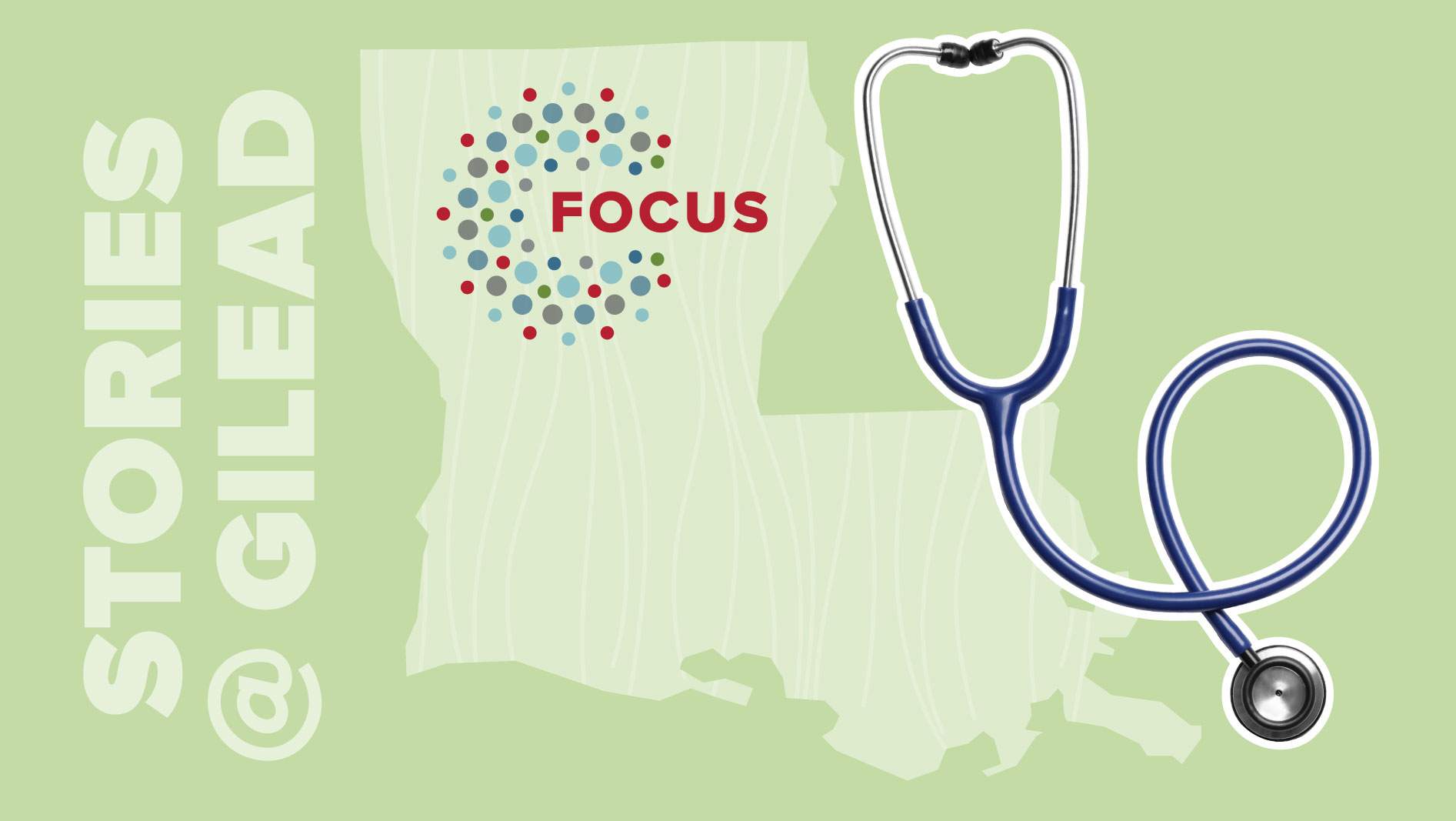Scientific Innovation
Four Questions with Diana Brainard: Inside Gilead’s COVID-19 Response Efforts
Stories@Gilead - May 13, 2020 - 5 min read
Diana Brainard, Senior Vice President and Virology Therapeutic Area Head, joined Gilead in 2010 and has more than 15 years of experience in immunology, infectious diseases, liver diseases and drug development.
She and her team have been collaborating with others at Gilead and external partners around the world to coordinate clinical studies, expanded access programs and emergency access for the company’s investigational COVID-19 treatment, remdesivir. The FDA recently issued an Emergency Use Authorization (EUA) for remdesivir based on data from the Gilead SIMPLE study in patients with severe disease and interim data from the U.S. National Institute of Allergy and Infectious Diseases’ (NIAID) trial.
Based in part on this data, the medicine was also approved last week by the Japanese Ministry of Health, Labour and Welfare for patients with severe COVID-19 under an exceptional approval pathway. Other than in Japan, remdesivir is an investigational drug that has not been approved by any regulatory authority, and has not been demonstrated to be safe or effective for any use.
We recently connected with Diana for an interview on Gilead’s around-the-clock efforts to help address the COVID-19 pandemic.
Q: Your team, like many others across Gilead, has been focused on the COVID-19 public health crisis for around four months now. How has Gilead worked with speed while also staying flexible to adjust to the changing landscape of the pandemic?
Diana: Since we began working on this in January, the situation has been constantly evolving, and when I look back to the beginning, nothing seems the same. One thing I’m really proud about is that through this process we have never been paralyzed by the uncertainty of the situation.
Sometimes when there is not enough information, it can lead people down the watch-and-wait path. We haven’t been afraid to act on limited information and work with regulatory authorities worldwide to make decisions we believe are in the best interests of patients based on what we know, even if we end up having to change course. We refuse to be passive observers when there are things we can do that might help.
Q: What else enabled Gilead to move quickly in setting up clinical trials of the company’s investigational COVID-19 treatment?
Diana: First, I have to acknowledge the efforts of our employees around the world. There is understandably this incredible sense of urgency across Gilead right now – this feeling that every day we are able to shave off making this medicine available could potentially help improve clinical outcomes for patients in need, if our investigational treatment is shown to be safe and effective.
I’d also note that the prior work of our research teams to demonstrate promising in vitro laboratory results of remdesivir against the coronaviruses that cause SARS and MERS encouraged us to move quickly to study the drug as a potential treatment for COVID-19.
Responding quickly to a global pandemic also wouldn’t be possible without close partnership between the pharmaceutical industry, governments and other organizations. Because we’ve now been doing research in the space of emerging viruses for several years, we’ve built important scientific relationships with both governmental and non-governmental organizations doing work in this field. That has been invaluable during these times.
Q: There has understandably been immense public interest in any potential COVID-19 treatment. Can you speak to why it’s important, while moving as fast as possible, to let science lead the way?
Diana: We have an ethical imperative to do scientific and clinically valid research, including – and I’d even say especially – during an outbreak. It’s always better to generate clinical data in order to help the most people, and understand the potential risks and benefits of treatment. Otherwise you don’t get the answers that move the field forward and enable doing the most good for the most people.
Q: In wrapping up, you’ve noted these efforts can feel like a marathon, with many teams at Gilead working around the clock. From your perspective, what is keeping people energized to keep going?
Diana: This global pandemic will be studied as an important moment in history for generations to come. To be a part of it and have a chance to make a difference is a unique privilege, and that’s what keeps us getting out of bed early every day and staying up late many nights. We want to look back on this and think we did everything in our power to be part of the solution.
About Remdesivir
Remdesivir is an investigational antiviral drug that is being studied in multiple ongoing international clinical trials, and the safety and efficacy of remdesivir for the treatment of COVID-19 are not yet established.
Remdesivir has not been approved by the U.S. FDA for any use. In response to a public health emergency, the U.S. FDA has issued an Emergency Use Authorization (EUA) for remdesivir for the treatment of hospitalized patients with severe COVID-19. This use is authorized only for the duration of the declaration that circumstances exist justifying the authorization of the emergency use, unless the authorization is terminated or revoked sooner. For information about the authorized use of remdesivir and mandatory requirements of the EUA in the U.S., please review the Fact Sheet for Healthcare Providers and FDA Letter of Authorization available at www.gilead.com/remdesivir.



